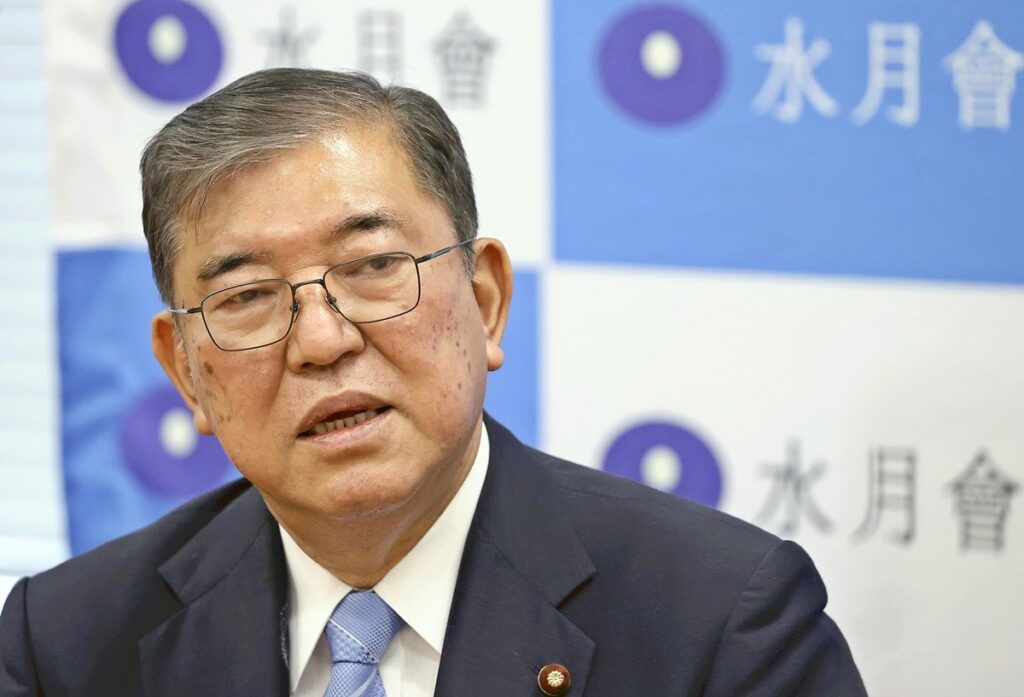Japan’s newly elected Prime Minister, Shigeru Ishiba, announced on Monday that he will call a general election for October 27, following a closely contested leadership race within the ruling Liberal Democratic Party (LDP). This election, scheduled a year earlier than required, will determine control of the lower house of parliament and will occur ahead of the upcoming U.S. presidential election in November. Ishiba emphasized the importance of quickly receiving a mandate from the public, stating at a press conference in Tokyo, “It is important for the new administration to be judged by the people as soon as possible.”
In the wake of Ishiba’s leadership win, Japanese shares fell by over 4% in early trading, while the yen strengthened and Japanese government bonds surged. Ishiba is viewed as a monetary policy hawk, leading to market reactions as investors recalibrated their expectations. As he begins to assemble his cabinet, Ishiba has already selected key officials who will campaign alongside him, including Katsunobu Kato as finance minister and Yoshimasa Hayashi to remain chief cabinet secretary, a crucial role that includes being the top government spokesperson.
Among other appointments, Ishiba’s ally Takeshi Iwaya, a former defense chief, will serve as foreign minister, while Gen Nakatani will return to the defense ministry. Yoji Muto, a former junior minister, has been appointed to oversee the economy, trade, and industry ministry. However, notable by her absence from the lineup is Sanae Takaichi, the hardline conservative whom Ishiba defeated by a narrow margin of 215 votes to 194 in the LDP leadership election, marking one of the closest races in nearly seven decades. Takaichi’s decision to decline a ministerial post raises concerns regarding Ishiba’s ability to unify a ruling party that has faced internal strife and scandals impacting its public support.
Hiroshi Shiratori, a political science professor at Hosei University in Tokyo, suggested that Takaichi’s absence could highlight potential vulnerabilities in Ishiba’s support base, which may pose challenges as he navigates his administration. Ishiba, 67, who has become LDP leader on his fifth attempt, has historically been seen as a maverick within the party for his willingness to challenge established policies. On the eve of his leadership bid against Takaichi, he publicly apologized to LDP lawmakers for his past “shortcomings,” a gesture aimed at mending fences as he prepares for the upcoming election.
With the stakes high for both Ishiba and the LDP, the forthcoming general election will serve as a crucial test for his leadership and the party’s standing in Japan’s rapidly changing political landscape.



